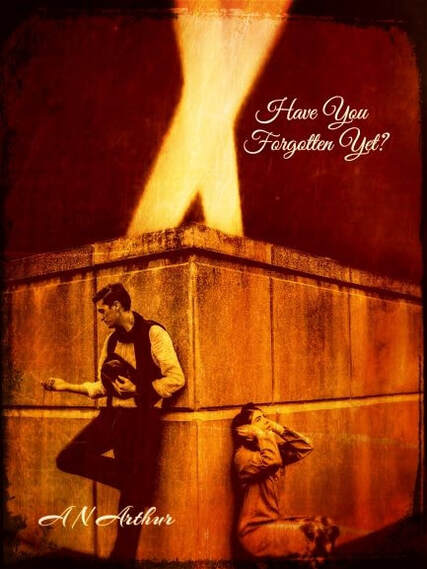
by A N Arthur
This story of the inter-War period is a massive book; at 439 pages, each of an average 350 words, it tops out at 153,650 words, over half as many again as the accepted length of a novel.
The story opens in the aftermath of World War One and moves through the effects of the Great Depression upon New Zealand’s urban poor and a farming family in Murchison just getting by in the relatively benign rural economy, and contrasts that life with the Nazi Party’s takeover of Germany’s Weimar Republic.
This latter story is admirably done, with outstanding images of the sophisticated and cosmopolitan Republic crumbling before the brutal vigour and nationalism of the Brownshirts while its contributions to art, literature, architecture and democratic politics were denigrated and swept aside.
This is the third volume of a trilogy that began with ‘Orphanage Boys’ and continued with ‘Between Two Worlds’, and that consideration has shaped the book. From the very beginning we meet droves of characters and for a reader new to A N Arthur’s work the relationships – and even the surnames – are hard to pick up. Given the number of words to which the book runs, one feels that some of them might well have been employed in setting the scene to greater effect.
As example, while the relationships between the protagonists in Wellington and Murchison are never spelled out, the appearance of Wilhelm in Germany is tidily and comprehensively explained in only a few words.
Again, Alex and Jeannie/“Tyke” are major figures in the story but it is some time before it becomes apparent that Maudie, with all her growling lower-class speech, attitudes and a heart of gold, is a surrogate mother and grandmother to the pair.
Tyke is a heroine “up against it” all her life; whether from a violent and abusive father to whom she is a symbol of lost manhood; rejection from her mother’s well-to-do parents or a period of mixed messages from her eventual husband, Moss, Tyke’s empathetic and caring nature doesn’t evoke a lot of luck. Some of Arthur’s most heart-wrenching writing occurs in the context of the little girl’s rejection by her mother’s family.
Technically, the story is a big one and one wonders if a narrower focus might not have been desirable. Matt in Murchison has much the same formative experience at school with Drover as does Tyke with Emma in Wellington; surely one or the other would have been enough to underline the essential decency of New Zealanders.
There is a discernible emphasis upon class and the growing divide between urban poor and the rich. This serves the story well in the harrowing descriptions of life in the relief camps – blistered and bleeding hands, insufficient food, brutal working conditions and a total lack of empathy towards the plight and care of those forced into unfamiliar and back-breaking work.
Again there is good writing here, but the author’s determination to use large brush-strokes to gild the lily of working-class misery quite fails to chronicle the fact that relief work was an accepted and understood expression of 1930s economic orthodoxy in rejecting welfare without work. In this, New Zealand’s policy mirrored the ‘alphabet soup’ schemes of Roosevelt’s USA and, in passing, if Gordon Coates did indeed express the contention that the unemployed could always eat grass, this reviewer was quite unable to find the reference.
The ascent from the depths of the Depression throughout the decade of the Thirties and the pioneering work of the first Labour government helped by the foresight of the Coalition government might well have provided less abrupt transitions to London for Tyke and Moss and to Singapore for Matt, but the driving-home of the maxim that ‘war is hell and causes people to behave hellishly’ required all three to relive the experiences of the generation before them.
“Have You Forgotten Yet?” impresses as a fitting climax to AN Arthur’s trilogy.
Ed note: reviews of the first two of the trilogy can be found in FlaxFlower archives — Orphanage Boys, June 2017; Between Two Worlds, December 2018
Author: A N Arthur
Publisher: Rangitawa Publishing
ISBN: 9780995116672
RRP: $35
Available: Rangitawa Publishing. Can be ordered at any bookstore. And through Amazon. Or the author at [email protected]

 RSS Feed
RSS Feed
